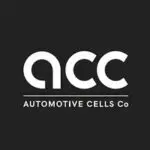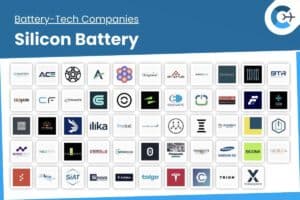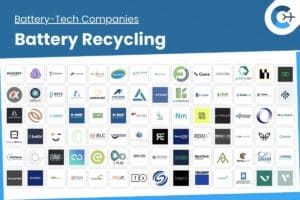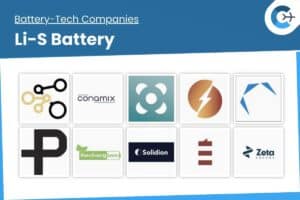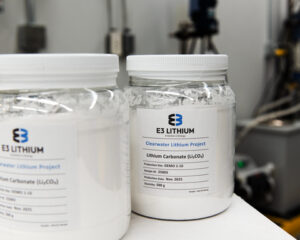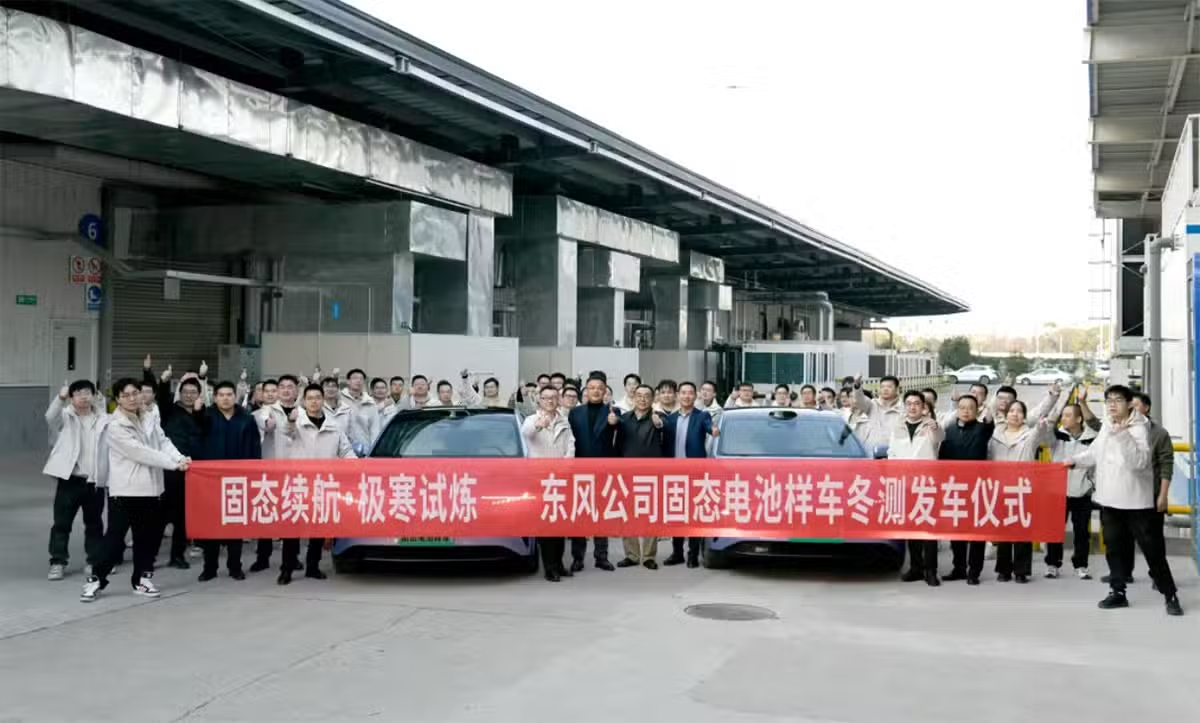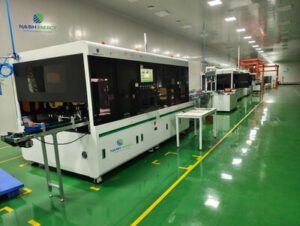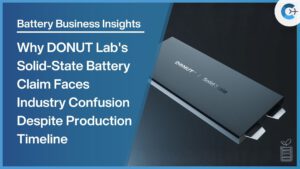Bruges, Nouvelle-Aquitaine
ACC specializes in lithium-ion battery cells and modules for EVs, focusing on lithium nickel cobalt manganese (NCM) chemistry for high energy density and performance. The company is also exploring lithium iron phosphate (LFP) batteries for cost efficiency, resource availability, and durability. ACC emphasizes sustainability by responsibly sourcing materials, ensuring supply chain traceability, integrating recycling, and developing eco-designed batteries for repair, reuse, and recycling. Facilities include R&D Expertise Center in Bruges and a Pilot Line in Nersac for prototyping before mass production.
ACC produces advanced battery cells and modules primarily using lithium-ion technology with NCM chemistry and is expanding into LFP batteries to balance performance and cost. Their batteries support long driving ranges and efficient power delivery, designed to meet diverse needs of automakers and EV customers. Production capacity targets include powering over two million vehicles annually with cumulative 120 GWh capacity planned.
In late 2023, ACC started operations at its Billy-Berclau Douvrin gigafactory in France with 13 GWh production capacity, scalable to 40 GWh by 2030. They secured €4.4 billion in debt funding for additional European production facilities. Plans for two battery factories in Kaiserslautern, Germany and Termoli, Italy are currently paused to refine strategy, with decisions expected by late 2024 or early 2025. ACC is also integrating LFP battery manufacturing into its product portfolio.
ACC’s founding shareholders are Stellantis (45.0%), Mercedes-Benz (30.0%), and TotalEnergies (25.0%). They secured €4.4B in debt financing from banks including BNP Paribas, Deutsche Bank, ING, and Intesa Sanpaolo. Institutional support comes from Bpifrance, Euler Hermes, and SACE, highlighting strong financial backing within the European battery industry.

